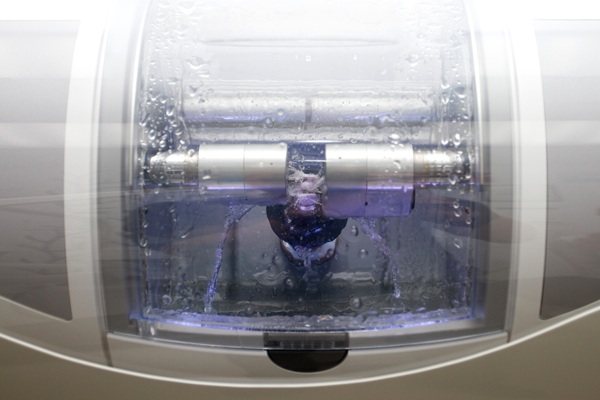3 Questions to Ask Your Oral Surgeon About Dental Implants

If you are considering getting a dental implant, you may have many questions about the procedure. You may want to know what dental implants are, about the process, the cost and why implants might be a better alternative to other tooth replacement options. You need to find out as much as possible about them before the surgery. This will help you make sure implants are right for you.
Commonly asked questions
The dental implant procedure involves the surgical placement of the implant into the bone. Since it is a surgery, a patient should fully understand the treatment and why it is ideal. A qualified oral surgeon can answer all the questions about the process. Asking questions is advisable because it will leave a person informed and comfortable with the procedure. The surgeon will not only answer all the questions asked but also guide the patient through the procedure. Here are some questions a person should ask an oral surgeon.
What are dental implants?
A dental implant is a surgical component that fuses with the jawbone to support a replacement tooth. Dental implants replace lost or missing natural teeth and their roots. A dental implant tooth has three parts. These are the dental implant itself, the artificial tooth and the abutment.
The surgery is done in stages. An implant is first inserted into the jawbone. It takes time for the implant to bond with the bone. After the implant fuses with the bone, a connector, known as an abutment, is attached to it and then a single fixed bridge, crown or partial denture can be attached to it.
How much do implants cost?
The cost will vary based on the needs of a patient, bone quantity and the region. An oral surgeon can offer a summary of estimated costs after an assessment based on the needs of an individual. The cost of using a dental implant to replace a single tooth is almost the same as the cost of replacing it with a fixed bridge. Not all insurance companies cover dental implants, but there are some that do.
How can a dental implant help if I have partial dentures or full dentures?
An increasing number of patients who wear partial or full dentures are opting for implants. Dental implants can provide support and retention for a removable implant overdenture. They just snap on the implants. The full or partial denture will not move and this reduces dependency on denture adhesives. Dental implants can also support a fixed denture. The denture, in this case, is fixed to the implant through titanium components.
Talk to your oral surgeon
Before the procedure, you should understand what dental implants are and what the process involves. Knowing the price will help you determine if the process is affordable and to budget for it. It is also good to compare the different tooth replacement options. This will increase your chances of picking the most suitable one. If you have questions, contact your oral surgeon. Make sure you ask questions about the procedure and pre- and postoperative care.
Request an appointment here: https://aestheticsmiles.com or call Aesthetic Dentistry of Noe Valley at (415) 493-9143 for an appointment in our San Francisco office.
Check out what others are saying about our services on Yelp: Read our Yelp reviews.
Related Posts
Aesthetic dentistry is something that many could benefit from when it comes to dental treatment. Much like a master carpenter, aesthetic dentistry combines the underlying practice of traditional dentistry with the artistry of creating a beautiful smile. However, aesthetic dentistry is not just about making one's smile gorgeous. Instead, it also aims to make sure…
If you have ever had a dental crown placed, you know that the process often involves multiple visits and temporary crowns. A CEREC dentist offers a faster solution to the typical dental crown process. Using advanced technology, these dentists create durable, high-quality crowns in just one appointment.A CEREC dentist uses Computer-Aided Design and Manufacturing (CAD/CAM)…
Are you considering undergoing teeth bleaching treatment from a general dentist? White teeth make for an attractive smile, and choosing to undergo professional treatment supports safe and long-term results. When preparing for a teeth bleaching treatment, it is best to ask questions and consider the pros and cons.Consultation appointments are informative and allow patients to…
The TMJ, or temporomandibular joint, connects the lower jaw to the skull. If you are experiencing pain in your jaw, you may be suffering from what is known as TMJ disorder. The disorder may also cause muscle spasms, clicking sounds, or jaw locking. These symptoms can make regular activities like eating and talking painful and…


